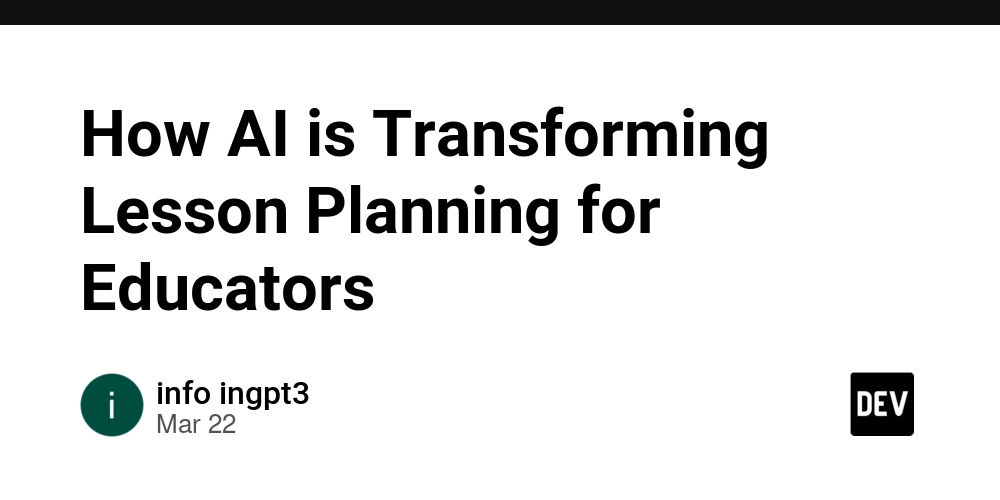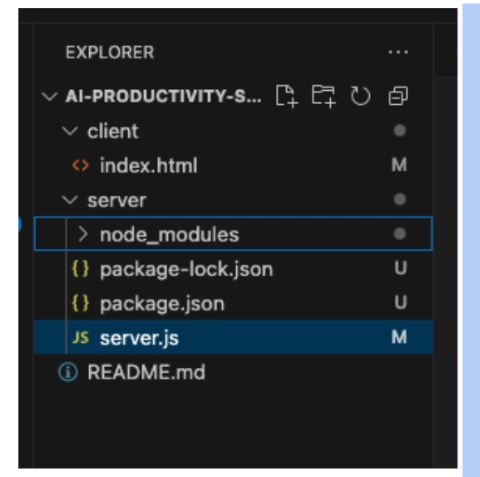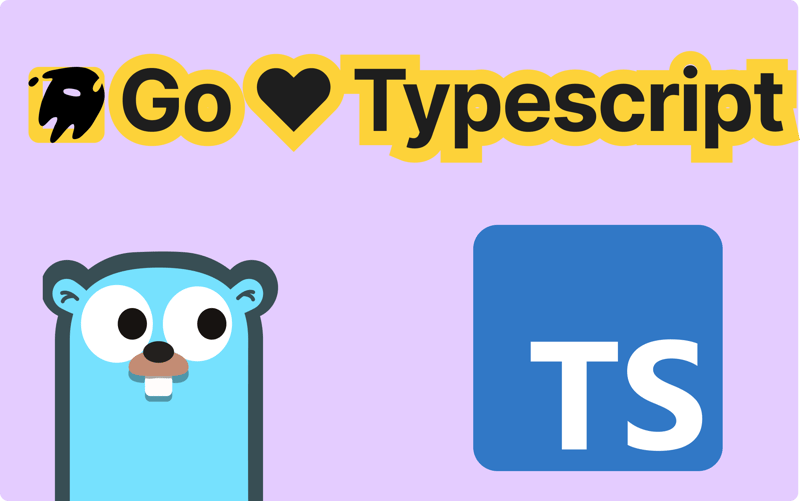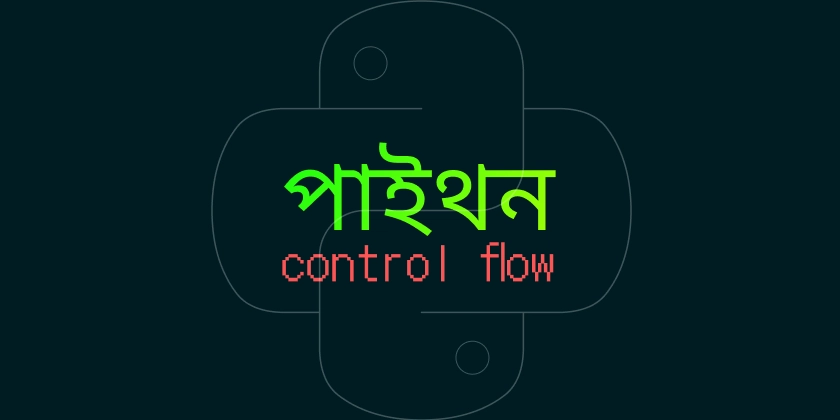How AI is Transforming Lesson Planning for Educators
Introduction The integration of artificial intelligence (AI) into education has brought about significant advancements, making teaching more efficient and personalized. One of the most impactful applications of AI in education is lesson planning. Traditionally, educators spend hours curating resources, structuring lesson objectives, and aligning content with learning standards. However, AI-powered lesson planning tools are revolutionizing this process by automating content creation, enhancing customization, and providing real-time analytics. This article delves into how AI is reshaping lesson planning, its benefits, and the potential challenges it poses. The Role of AI in Lesson Planning AI-driven lesson planning tools leverage machine learning, natural language processing (NLP), and data analytics to streamline the creation and organization of lesson plan ai content. These tools assist educators by: Generating Lesson Plans Automatically AI-powered platforms can generate comprehensive lesson plans based on curriculum guidelines, student learning levels, and teaching objectives. By analyzing existing educational resources, these systems create well-structured lesson blueprints within minutes. Personalizing Learning Materials AI analyzes student data, including learning styles, strengths, and weaknesses, to tailor lesson plans. Adaptive learning algorithms ensure that each student receives materials suited to their comprehension levels, fostering a more effective learning experience. Enhancing Resource Curation AI simplifies the process of finding relevant teaching materials, including videos, articles, worksheets, and quizzes. By scanning vast educational databases, AI suggests the most suitable content, saving educators valuable time. Providing Real-time Feedback AI tools track student engagement and performance, offering insights into which parts of a lesson are effective and which need improvement. This data-driven approach allows teachers to refine their lesson plans dynamically. Benefits of AI in Lesson Planning The integration of AI into lesson planning offers numerous advantages, including: Time Efficiency AI automates repetitive tasks, such as formatting lesson plans, searching for resources, and aligning materials with academic standards. This enables educators to focus on instructional delivery and student engagement. Increased Accuracy and Alignment AI ensures that lesson plans adhere to educational standards and objectives by cross-referencing curricula with official guidelines. This reduces the risk of missing key learning goals. Enhanced Student Engagement By personalizing lessons to match individual learning preferences, AI fosters greater student engagement and comprehension. Interactive elements, such as gamified activities and adaptive assessments, keep learners motivated. Data-Driven Decision Making AI provides detailed analytics on student performance, helping educators make informed adjustments to their teaching strategies. These insights contribute to improved learning outcomes. Challenges and Considerations Despite its advantages, AI-driven lesson planning comes with certain challenges: Dependence on Technology Over-reliance on AI may reduce teachers' autonomy in crafting unique lesson plans based on their personal experiences and teaching styles. Data Privacy Concerns AI systems require access to student data to personalize learning experiences. Ensuring data security and compliance with privacy regulations is crucial to prevent misuse of sensitive information. Limited Creativity and Emotional Intelligence While AI excels at structuring content, it lacks the human touch needed to incorporate creativity, empathy, and spontaneity into lesson planning. Teachers play an irreplaceable role in fostering a nurturing learning environment. Implementation Costs and Training Schools may face financial and logistical challenges in integrating lesson plan ai powered tools. Educators also need proper training to utilize AI effectively and maximize its benefits. Conclusion AI is undeniably transforming the way educators design and deliver lessons. By automating routine tasks, personalizing learning experiences, and providing real-time feedback, AI enhances teaching efficiency and student engagement. However, it is essential to strike a balance between technological assistance and human intuition to ensure that education remains a holistic and impactful experience. As AI continues to evolve, educators must adapt and embrace its potential while maintaining their irreplaceable role in shaping young minds.

Introduction
The integration of artificial intelligence (AI) into education has brought about significant advancements, making teaching more efficient and personalized. One of the most impactful applications of AI in education is lesson planning. Traditionally, educators spend hours curating resources, structuring lesson objectives, and aligning content with learning standards. However, AI-powered lesson planning tools are revolutionizing this process by automating content creation, enhancing customization, and providing real-time analytics. This article delves into how AI is reshaping lesson planning, its benefits, and the potential challenges it poses.
The Role of AI in Lesson Planning
AI-driven lesson planning tools leverage machine learning, natural language processing (NLP), and data analytics to streamline the creation and organization of lesson plan ai content. These tools assist educators by:
Generating Lesson Plans Automatically
AI-powered platforms can generate comprehensive lesson plans based on curriculum guidelines, student learning levels, and teaching objectives. By analyzing existing educational resources, these systems create well-structured lesson blueprints within minutes.
Personalizing Learning Materials
AI analyzes student data, including learning styles, strengths, and weaknesses, to tailor lesson plans. Adaptive learning algorithms ensure that each student receives materials suited to their comprehension levels, fostering a more effective learning experience.
Enhancing Resource Curation
AI simplifies the process of finding relevant teaching materials, including videos, articles, worksheets, and quizzes. By scanning vast educational databases, AI suggests the most suitable content, saving educators valuable time.
Providing Real-time Feedback
AI tools track student engagement and performance, offering insights into which parts of a lesson are effective and which need improvement. This data-driven approach allows teachers to refine their lesson plans dynamically.
Benefits of AI in Lesson Planning
The integration of AI into lesson planning offers numerous advantages, including:
Time Efficiency
AI automates repetitive tasks, such as formatting lesson plans, searching for resources, and aligning materials with academic standards. This enables educators to focus on instructional delivery and student engagement.
Increased Accuracy and Alignment
AI ensures that lesson plans adhere to educational standards and objectives by cross-referencing curricula with official guidelines. This reduces the risk of missing key learning goals.
Enhanced Student Engagement
By personalizing lessons to match individual learning preferences, AI fosters greater student engagement and comprehension. Interactive elements, such as gamified activities and adaptive assessments, keep learners motivated.
Data-Driven Decision Making
AI provides detailed analytics on student performance, helping educators make informed adjustments to their teaching strategies. These insights contribute to improved learning outcomes.
Challenges and Considerations
Despite its advantages, AI-driven lesson planning comes with certain challenges:
Dependence on Technology
Over-reliance on AI may reduce teachers' autonomy in crafting unique lesson plans based on their personal experiences and teaching styles.
Data Privacy Concerns
AI systems require access to student data to personalize learning experiences. Ensuring data security and compliance with privacy regulations is crucial to prevent misuse of sensitive information.
Limited Creativity and Emotional Intelligence
While AI excels at structuring content, it lacks the human touch needed to incorporate creativity, empathy, and spontaneity into lesson planning. Teachers play an irreplaceable role in fostering a nurturing learning environment.
Implementation Costs and Training
Schools may face financial and logistical challenges in integrating lesson plan ai powered tools. Educators also need proper training to utilize AI effectively and maximize its benefits.
Conclusion
AI is undeniably transforming the way educators design and deliver lessons. By automating routine tasks, personalizing learning experiences, and providing real-time feedback, AI enhances teaching efficiency and student engagement. However, it is essential to strike a balance between technological assistance and human intuition to ensure that education remains a holistic and impactful experience. As AI continues to evolve, educators must adapt and embrace its potential while maintaining their irreplaceable role in shaping young minds.











































































































































































![[The AI Show Episode 142]: ChatGPT’s New Image Generator, Studio Ghibli Craze and Backlash, Gemini 2.5, OpenAI Academy, 4o Updates, Vibe Marketing & xAI Acquires X](https://www.marketingaiinstitute.com/hubfs/ep%20142%20cover.png)




























































































































![[DEALS] The Premium Learn to Code Certification Bundle (97% off) & Other Deals Up To 98% Off – Offers End Soon!](https://www.javacodegeeks.com/wp-content/uploads/2012/12/jcg-logo.jpg)


![From drop-out to software architect with Jason Lengstorf [Podcast #167]](https://cdn.hashnode.com/res/hashnode/image/upload/v1743796461357/f3d19cd7-e6f5-4d7c-8bfc-eb974bc8da68.png?#)








































































































.png?#)

































_Christophe_Coat_Alamy.jpg?#)
 (1).webp?#)





































































































![Apple Considers Delaying Smart Home Hub Until 2026 [Gurman]](https://www.iclarified.com/images/news/96946/96946/96946-640.jpg)
![iPhone 17 Pro Won't Feature Two-Toned Back [Gurman]](https://www.iclarified.com/images/news/96944/96944/96944-640.jpg)
![Tariffs Threaten Apple's $999 iPhone Price Point in the U.S. [Gurman]](https://www.iclarified.com/images/news/96943/96943/96943-640.jpg)




































































































































